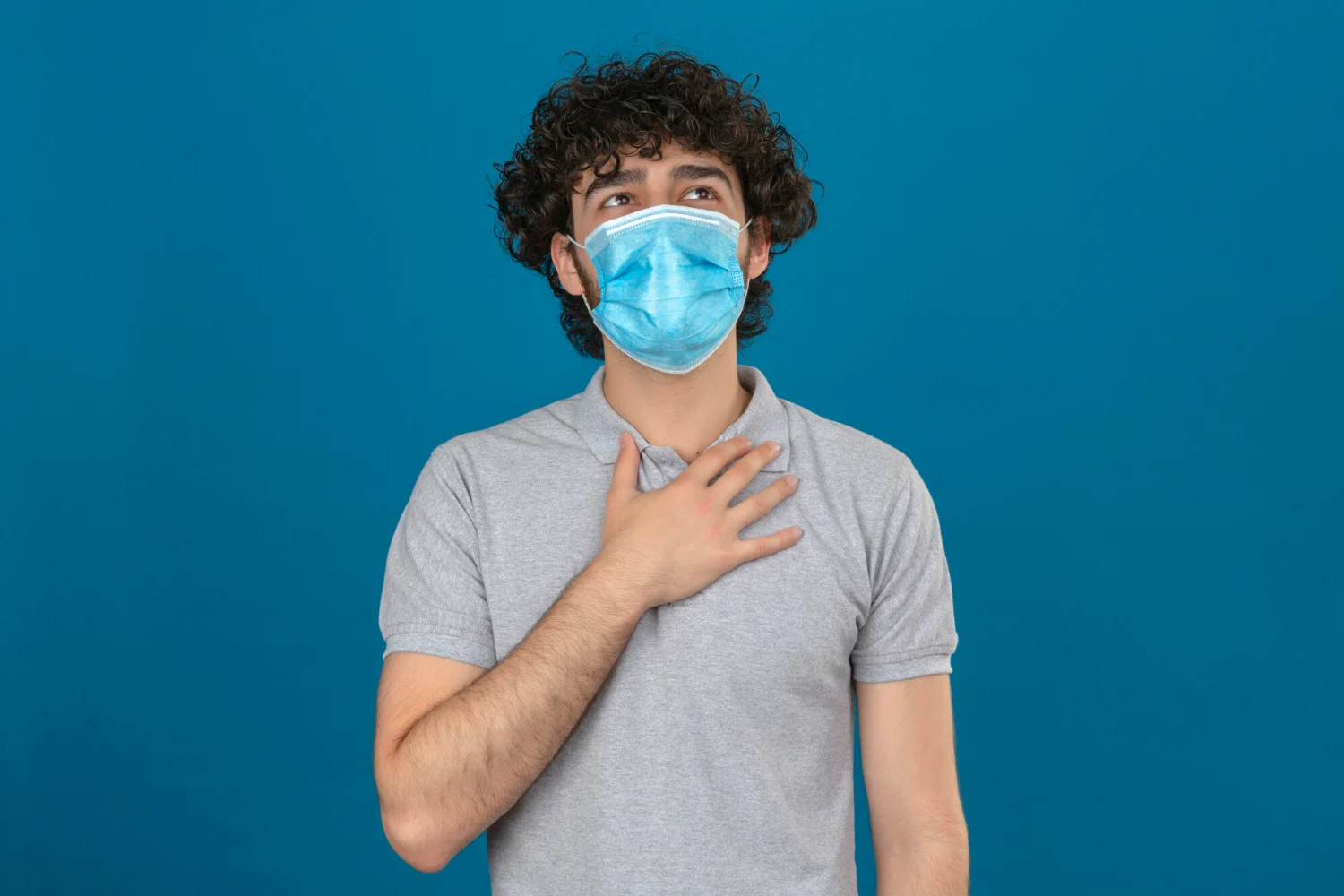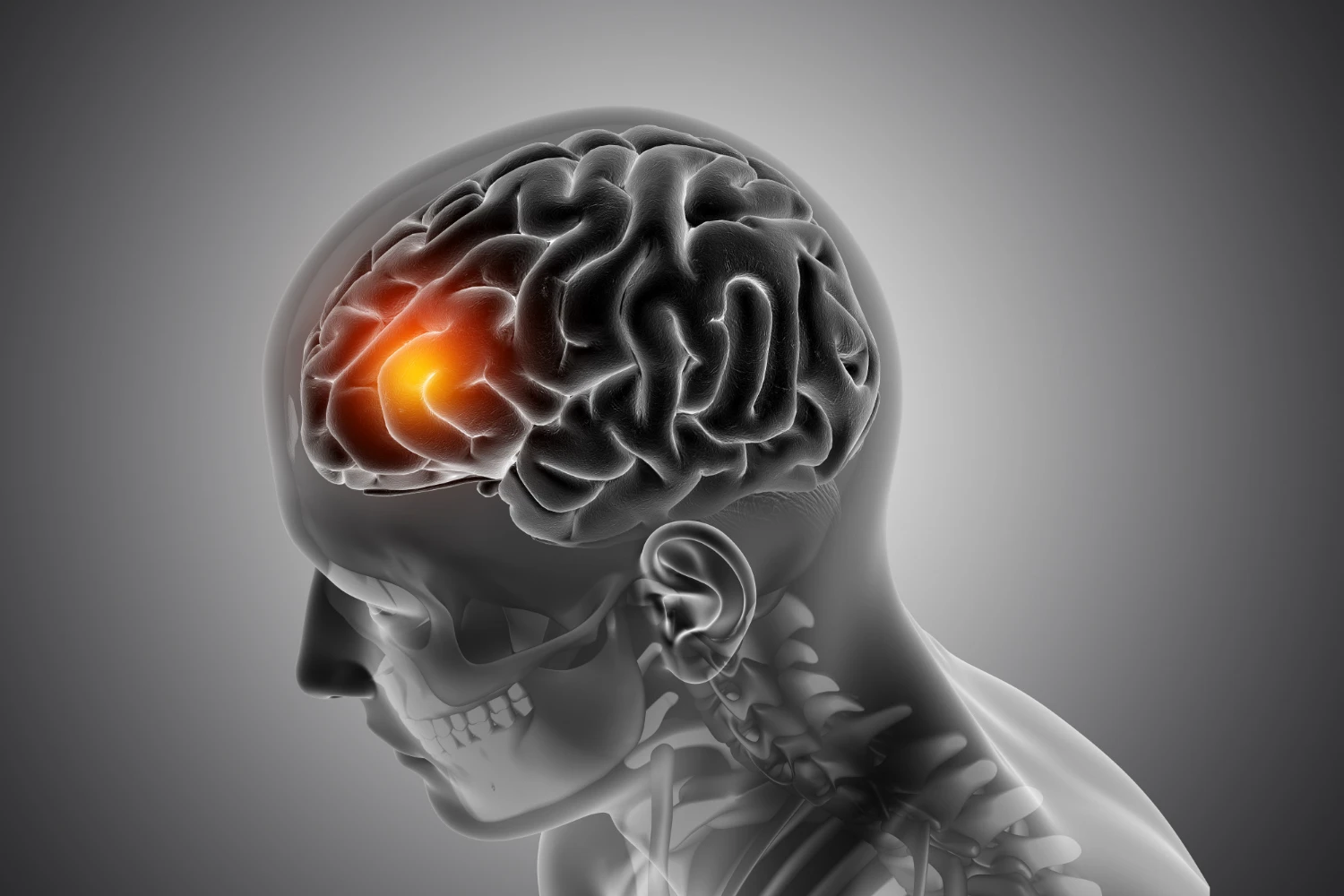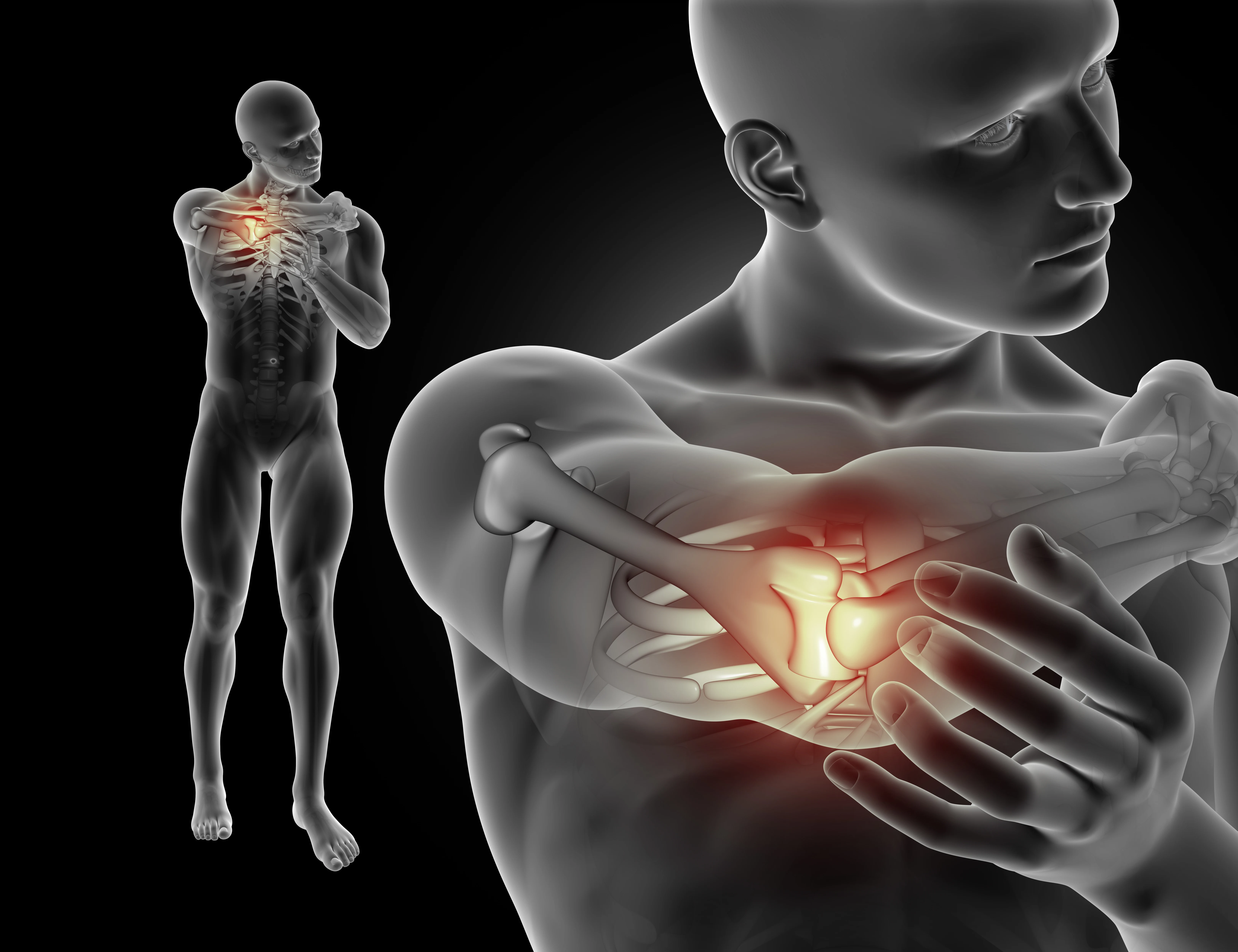What Are The Symptoms Of Tuberculosis?
Category: Blogs
Tuberculosis (TB) continues to be a major global health challenge, affecting millions every year. Early recognition of the symptoms of tuberculosis is essential for timely diagnosis and treatment. Understanding these symptoms can help save lives and prevent the spread of this contagious disease.
At Lokmanya Hospitals, recognized as the best hospital for comprehensive healthcare and the best spine treatment center, we specialize in diagnosing and treating tuberculosis in all its forms — from pulmonary TB to extrapulmonary TB, including spinal TB. Our expert team uses state-of-the-art diagnostics and personalized treatment plans to ensure the best outcomes for our patients.
In this article, we delve into the signs and symptoms of tuberculosis, answer the most frequently searched questions such as Why, What, and When about TB symptoms, and explain why Lokmanya Hospitals should be your trusted partner in TB care.
What Is Tuberculosis?
Tuberculosis is caused by the bacterium Mycobacterium tuberculosis, which primarily attacks the lungs but can affect other organs like the spine, brain, kidneys, and lymph nodes. TB spreads through airborne droplets expelled when an infected person coughs or sneezes.
There are two types of TB:
- Latent TB: The bacteria remain dormant without symptoms and are not contagious.
- Active TB: The bacteria multiply and cause symptoms; this form is contagious and requires immediate treatment.
What Are The Symptoms Of Tuberculosis?
Recognizing the symptoms of tuberculosis early can lead to faster diagnosis and treatment, significantly improving patient outcomes. TB symptoms vary depending on whether it is pulmonary (lungs) or extrapulmonary (other organs).
Common Symptoms of Pulmonary Tuberculosis
- Persistent Cough (More than 2-3 Weeks)
A cough lasting over two weeks is one of the earliest and most common symptoms. Initially dry, it may later produce mucus or sputum, sometimes blood-tinged. - Chest Pain
Patients often experience chest discomfort or pain, especially when coughing or breathing deeply. - Hemoptysis (Coughing Up Blood)
Blood in sputum is a serious symptom indicating lung tissue damage. - Fatigue and Weakness
Ongoing tiredness despite rest is common in active TB. - Unexplained Weight Loss
Patients often lose weight unintentionally as the infection progresses. - Fever
Usually low-grade, fever is often worse in the evening. - Night Sweats
Profuse sweating during sleep that can soak bedding. - Loss of Appetite
Decreased hunger contributes to weight loss.
Symptoms of Extrapulmonary Tuberculosis
When TB affects organs other than the lungs, symptoms depend on the location:
- Spinal TB (Pott’s Disease): Back pain, stiffness, and neurological symptoms like numbness or weakness.
- Lymph Node TB: Swollen, painless lymph nodes, often in the neck.
- TB Meningitis: Headache, confusion, neck stiffness.
- Kidney TB: Blood in urine and pain during urination.
- Abdominal TB: Abdominal pain and swelling.
Why Do Symptoms Vary?
The symptoms of tuberculosis vary because the bacteria can infect multiple parts of the body. Pulmonary TB is most common and highly contagious, hence the focus on respiratory symptoms. However, extrapulmonary TB, though less contagious, can cause serious complications if untreated.
At Lokmanya Hospitals, known as the best hospital for diagnosing and managing complex TB cases, we ensure thorough evaluation and treatment for all TB types, including specialized care for spinal TB with our best spine treatment facilities.
When Do Tuberculosis Symptoms Appear?
TB symptoms typically appear weeks to months after infection with Mycobacterium tuberculosis. However, the timeline varies based on:
- The person’s immune system strength.
- Whether the TB is latent or active.
- The organ involved.
Symptoms may appear suddenly or develop slowly over time, making regular check-ups important, especially if you are at risk or have been exposed to TB.
How Is Tuberculosis Diagnosed?
If TB is suspected based on symptoms, doctors will order diagnostic tests such as:
- Tuberculin Skin Test (TST): Detects latent infection.
- Interferon Gamma Release Assay (IGRA): Blood test for latent TB.
- Chest X-Ray: Identifies lung abnormalities.
- Sputum Smear and Culture: Confirms active pulmonary TB.
- Molecular Tests: Rapid detection and drug resistance testing.
- MRI/CT scans: For extrapulmonary TB, especially spinal TB.
At Lokmanya Hospitals, equipped with cutting-edge diagnostic tools, our specialists ensure early and accurate detection, making us the best hospital for TB care.
Why Choose Lokmanya Hospitals for Tuberculosis Care?
Choosing the right healthcare provider for TB treatment can significantly impact your recovery. Lokmanya Hospitals is a pioneer in infectious disease care, offering comprehensive TB services tailored to your needs. Our multidisciplinary team includes pulmonologists, infectious disease experts, radiologists, and spine surgeons, ensuring holistic care from diagnosis to recovery.
We are proud to be recognized as the best hospital in the region for TB related treatments. Our personalized care approach and advanced technology help manage even the most complicated cases like spinal TB with the best spine treatment options.
Conclusion
Understanding what are the symptoms of tuberculosis is the first step toward early diagnosis and effective treatment. From a persistent cough and night sweats to weight loss and chest pain, recognizing these symptoms can save lives. If you or your loved ones experience these signs, especially if you belong to high-risk groups, seek expert care immediately.
Trust Lokmanya Hospitals, the best hospital renowned for its excellence in tuberculosis and spinal care, to guide you through diagnosis, treatment, and recovery. Early intervention at Lokmanya ensures a healthier future free from TB’s complications.
Frequently Asked Questions About Tuberculosis Symptoms
Q1: Why is a persistent cough the most common symptom of TB?
A: Because TB primarily affects the lungs, inflammation triggers a cough reflex to clear the airways.
Q2: What if I have symptoms but tested negative for TB?
A: Symptoms may be caused by other respiratory illnesses. Further tests at Lokmanya Hospitals can help confirm diagnosis.
Q3: When should I suspect TB if symptoms are mild?
A: If you experience symptoms like a cough lasting more than two weeks, night sweats, unexplained weight loss, or have been exposed to TB, seek medical evaluation promptly.
Q4: Can TB symptoms appear without fever?
A: Yes, some patients, especially those with weakened immunity, may not develop a fever initially.
Q5: What are the symptoms of spinal TB?
A: Persistent back pain, stiffness, and neurological issues like numbness or weakness are signs of spinal TB, which requires specialized treatment.
Previous blog

What Is The First Sign Of Tuberculosis?
Next blog


.webp)



